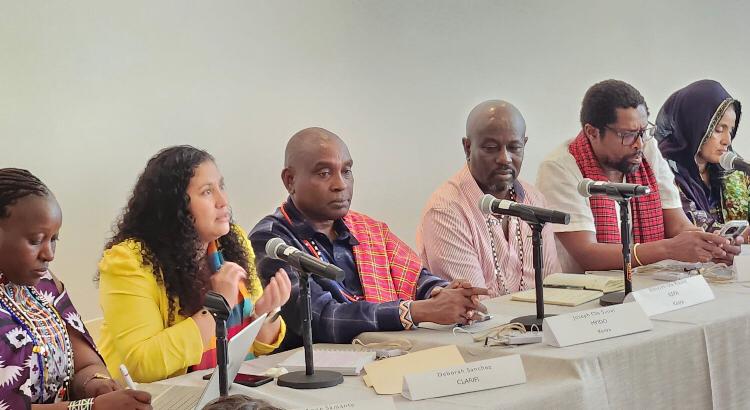During Climate Week NYC 2025, RRI and partners amplified Indigenous, Afro-descendant, and local community voices—advancing rights-based climate action and equity ahead of COP30.
Released at major land rights event in Stockholm, new research reveals that respecting rights of Indigenous Peoples and local communities—not forcing them off their lands—slashes…


